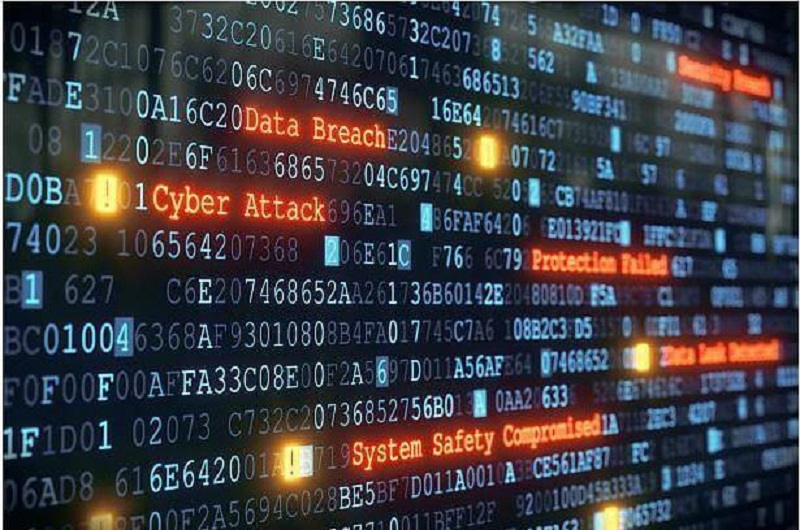Data Privacy Vs. Data Protection: What Is the Difference

Data breaches are almost as old as the internet. And, they make up the single most serious threat to both companies and individuals using the web. They can lead to the loss, damage, or release of data that could be personal or general. These kinds of data interferences could cost a lot of money and time. A recent study showed that 29% of businesses which face a breach of their data loss revenue as a result. The reality of these concerns has prompted many companies to take measures to protect their systems, networks, and data from malicious attackers.
When it comes to dealing with cyber risks, data privacy or data protection are the terms that come up. And though often used interchangeably, they are distinct from each other. Here, you’ll learn what each of them means, how they are different from each other, and whether or not you need to use both of them to safeguard your business or personal data.
What Is a Data Breach?
A data breach is a situation where a malicious hacker succeeds in accessing a private data source and illegally extracts sensitive information. This breach can be done by either accessing a computer system physically or through bypassing security protocol remotely. There are several types of data breaches, including phishing, recording keystrokes, password guessing, etc. The severity of a violation depends on how sensitive the infiltrated data is and what the cybercriminal does with it.
A breach typically starts with the attacker determining the weak point in your system. Next, the hacker launches an attack (social or network). Lastly, they broaden the attack on other computers in the system/ network.
What Is Data Privacy?
Data privacy covers the use and management of confidential and personal data. Such data may encompass anything about an individual, including their financial details, health information, education and career, legal history, etc. In data privacy, information cannot be accessed without the necessary privileges. Otherwise, it would be considered a breach.
Failing to take data privacy in account can have a bad impact on a company’s reputation. In fact, 2/3 of companies say they face sales delays because of data privacy concerns from customers. Data privacy laws define a privacy violation as the unauthorized access/ retrieval of info related to a person. A general data privacy policy usually establishes the kind of data a concerned party collects, how they utilize that data, whether that data is shared with another party, and how long they keep the collected data.
What Is Data Protection?
Data security or protection is how an individual or business safeguards their data. It focuses on keeping data assets safe from unauthorized malicious use. Data protection includes the technical methods and measures that ensure the integrity and confidentiality of data.
Data Protection Vs. Data Privacy: The Differences
To better understand the two concepts, here is a table that highlights the key differences. Check it out:
| Data Privacy | Data Protection |
| 1. Specifies who has the authority to use collected data | 1. Safeguards data against unauthorized usage |
| 2. Deals with policies and regulations on the use of data | 2. Covers mechanisms and procedures for safeguarding data |
| 3. The user has control over it | 3. The company holds responsibility |
| 4. Protects against sharing or selling data | 4. Keeps data safe from cybercriminals |
| 5. Secures people’s data | 5. Protects company assets |
The Importance of Data Privacy and Protection
Data privacy and data protection are interconnected. That is, it isn’t very easy to enforce data privacy policies without implementing actual data protection measures. Unless a business has a way to protect data, it really cannot guarantee privacy. And, if someone succeeds in stealing data, then data privacy is broken. So, you need both to work together for a proper security system. Overall, both of them are important to ensure the following.
- Data is only accessed by authorized persons.
- Malicious attackers have no way to access private information.
- Businesses are responsible for the data they collect from their customers.
- Customers are aware of and have control over what information is shared.
Bottom line
Now that you know the data breach definition, risks, and impacts, you can better grasp why you need to protect sensitive information. Keeping confidential data secure from unauthorized/ illegal use means paying attention to data privacy and data protection. In Europe and some other parts of the world, having clear data privacy policies is mandatory. But without data protection measures, there is no way to know whether data privacy is upheld.

